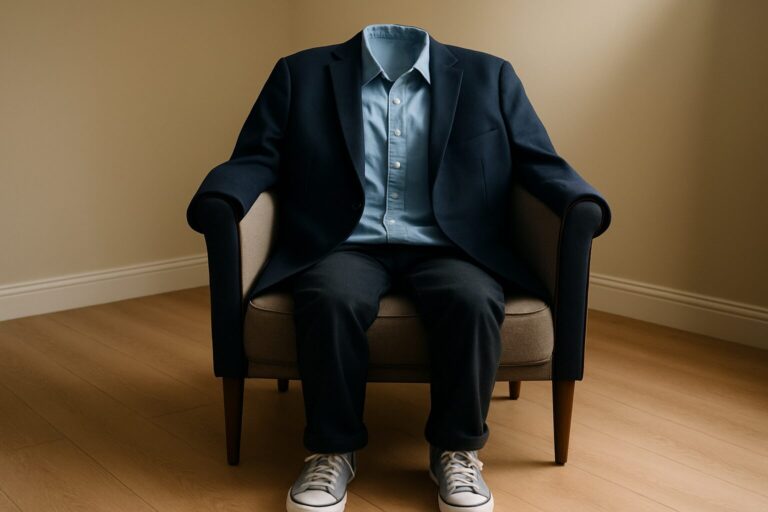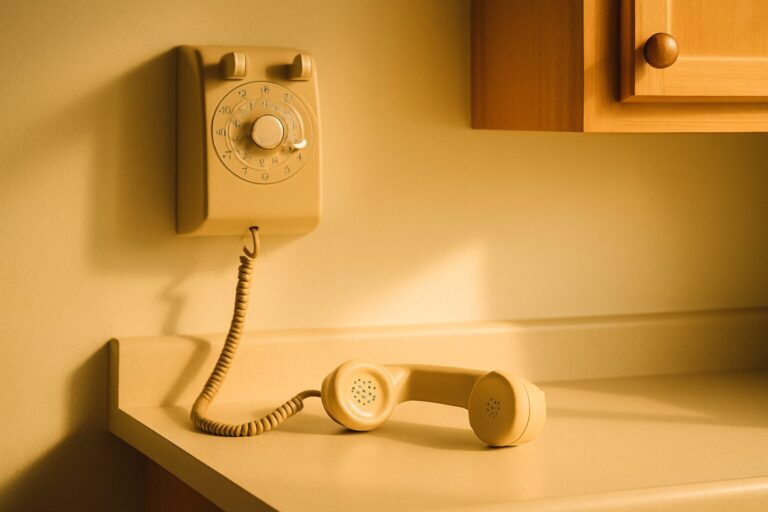You’ve realized something you didn’t want to name: you’re in an abusive relationship.
Maybe the yelling doesn’t stop. Maybe it’s the silences that feel like punishment. Maybe they say they’re sorry—profusely—and promise it’ll never happen again. And maybe, in those moments, you believe them. You want to believe them.
It’s human to hope. But hope needs context. And when it comes to abuse, good days can be misleading.
⸻
The Abuse Cycle Is Real—And Predictable
Abuse doesn’t happen in a vacuum. It follows a cycle. One that’s often invisible unless someone names it for you. So let me do that.
Tension-building: You feel it before it happens. A shift in the air. A look. The unspoken pressure to placate. Communication breaks down. You start anticipating their reaction before you’ve even said a word.
Escalation: The anger builds. It might stay verbal—cutting, cruel, relentless. Or it might escalate to physical intimidation or violence. The goal is control, not connection.
Honeymoon phase: The storm passes. They may cry, apologize, and insist it will never happen again. You see glimpses of the person you fell in love with. They beg for a second chance—or a thirtieth.
Calm: Things feel normal again. They might deny anything happened at all. You might even convince yourself that it’s over. But the tension returns, and the cycle repeats.
⸻
Can People Change? Yes. But Rarely Without Help—and Time.
It’s not cynical to question your partner’s “breakthrough.” It’s wise. Real change is hard. It’s also visible, measurable, and sustained.
Here’s what real change looks like: • They take full responsibility. No blaming you. No minimizing. No “I was stressed” or “You pushed me too far.” Just clear, unqualified ownership of their behavior—and the pain it caused. • They express empathy without defensiveness. They’re willing to listen while you describe what it’s been like to be on the receiving end of their anger, manipulation, or cruelty. And they comfort you. Not demand forgiveness. • They learn to regulate emotions. No more exploding and then claiming it wasn’t that bad. They start catching the heat before it erupts. They talk about their inner world—without turning you into the enemy. • They support your healing pace. They understand your mistrust. They don’t rush your forgiveness. They know rebuilding safety takes time, and they stay steady anyway. • They pursue therapy. Not just for show. Not for a session or two. But real, sustained work. Responsibility-focused therapy. Anger management. And only after that: couples therapy—never during the height of fear.
⸻
When Is Couples Therapy Not Appropriate?
Right now, if you’re afraid of your partner, couples therapy is not the right intervention.
Therapy depends on mutual safety and honesty. If one person lives in fear—of punishment, rage, withdrawal, or retaliation—there is no shared space for growth. Instead, the controlling partner may hijack therapy to appear cooperative, while using it to further manipulate or silence.
We require abusive partners to demonstrate at least one year of sustained behavioral change before beginning couples work. That’s not negotiable. It’s ethical.
⸻
Still Not Sure? That’s Okay. You Don’t Need to Be.
No one else can decide whether you should stay or leave. But I will tell you this: if you stay, do it with eyes open and evidence in hand.
Are they taking responsibility or still managing their image? Are they patient with your healing or pushing for closure? Are they willing to face themselves or just desperate not to lose you?
These are not small questions. You deserve a guide as you ask them.
⸻
What To Do Next
If you’re in a relationship where you’re scared, confused, or second-guessing your reality, you’re not imagining it. The cycle you’re experiencing has been documented, studied, and named. And help is available.
If you’re in danger, or think you might be, please call the National Domestic Violence Hotline at 1−800−799−7233 or TTY 1−800−787−3224. If you think your internet use might be monitored, call from a safe device.
If you’re unsure, overwhelmed, or just need to talk through your situation with someone who will not sugarcoat it or shame you—we can help. Our clinicians understand abuse. We know how to listen without pushing. And if you’re not ready to talk to your partner yet, we’ll talk to you.
⸻
Final Thought
It’s not weakness to wonder if they can change. It’s survival to wait for proof.
And if that proof never comes? Get the support you need to change your life.
⸻







